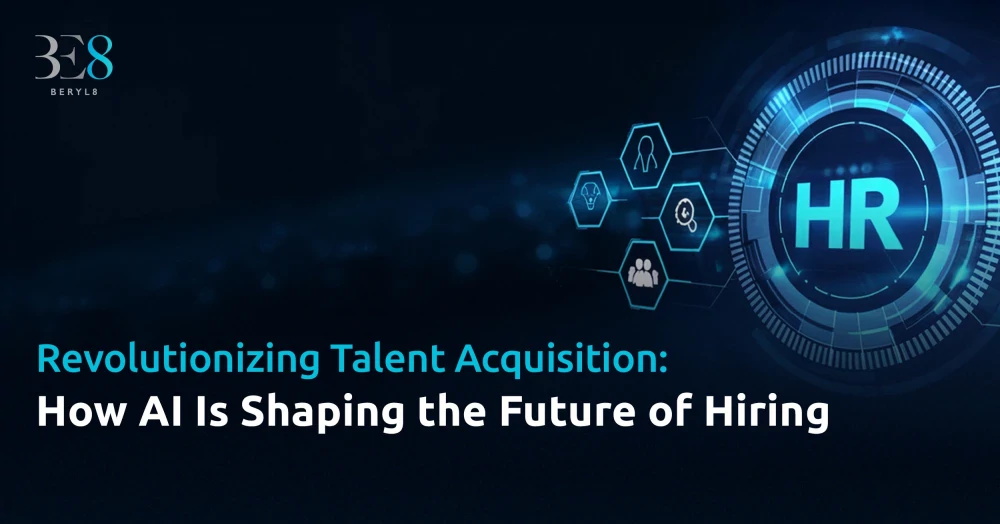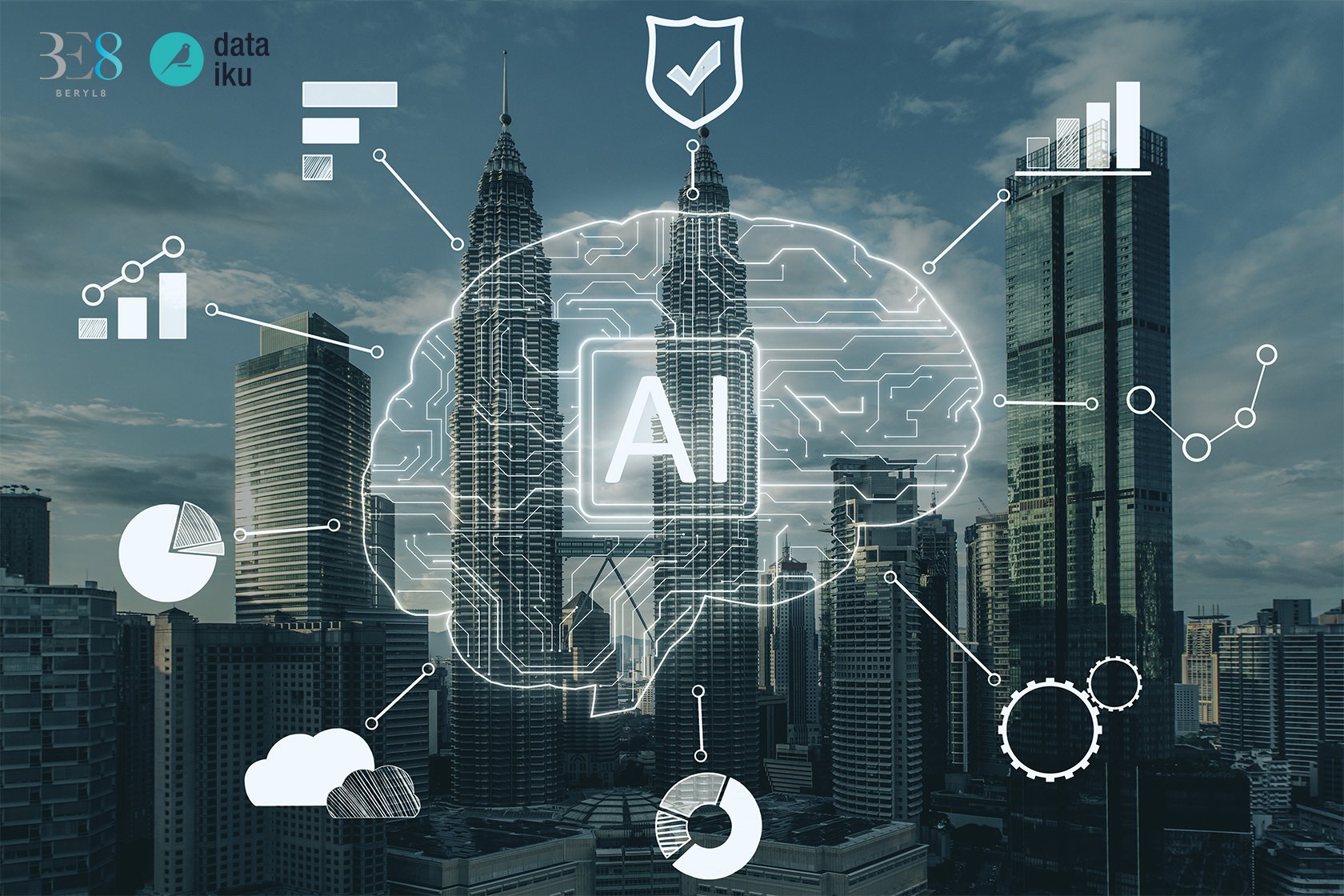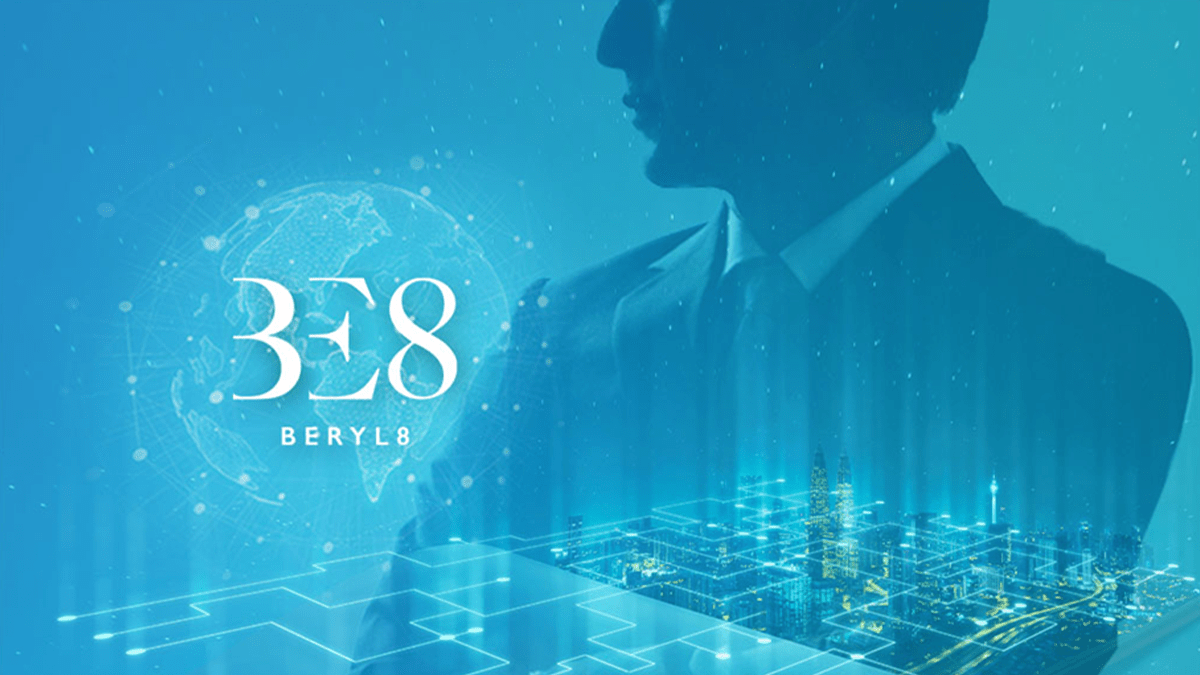Revolutionizing Talent Acquisition: How AI Is Shaping the Future of Hiring

Recruitment today is undergoing a significant transformation, particularly for businesses that must secure highly specialized talent to keep pace with rapidly changing market demands. In this environment, Artificial Intelligence (AI) is playing a pivotal role in revolutionizing traditional recruitment processes, making them more efficient and effective.
AI is no longer just a supplementary tool; ; it is now a core driver enabling organizations to achieve two strategic goals: lower costs and higher efficiency. These are essential drivers for growth and competitive advantage in the current market. AI-enabled recruitment marks a fundamental shift in reducing costs and enhancing productivity, aligning with the primary objectives of any business. AI’s ability to address key challenges, such as lengthy processes and high costs, signals that this is not merely an incremental improvement but a transformation that will shape the future of HR. Organizations that fail to adapt risk losing their competitive edge in attracting and retaining top talent—especially crucial for leading technology companies reliant on specialized expertise.
Challenges of Traditional Recruitment in the Modern Era: Barriers to Growth
Traditional recruitment processes often face multiple challenges that hinder efficiency and increase organizational costs. This is especially true in business sectors with highly specific talent demands, where these challenges directly impact performance and competitiveness.
Lengthy Processes, Rising Costs
A major challenge is the lengthy hiring process, which leads to increased HR costs. Traditional recruitment involves substantial paperwork, complex coordination, and time-consuming screening, interviews, and administrative tasks. This prolonged cycle drives up both labor and operational costs.
For leading businesses, prolonged recruitment not only means higher costs but also lost business opportunities. Key positions left vacant for too long can directly affect project execution, product development, and responsiveness to market demands. Unfilled critical roles delay organizational growth and innovation—an invisible yet substantial cost that business leaders must recognize.
Application Overload and Resource Constraints
Another common issue is application overload combined with limited HR capacity, resulting in lost productivity. The sheer volume and diversity of applications require extensive time for initial screening—a repetitive and time-consuming task that prevents HR staff from focusing on high-value strategic work.
Limited bandwidth not only slows down recruitment but also risks missing out on high-potential candidates, as the overwhelming workload prevents thorough and fair evaluation of each applicant. This challenge intensifies in markets demanding rare and specialized skills, where manual screening becomes increasingly complex and prone to critical misses.
Bias Concerns Impacting Quality of Hire
Bias concerns are another critical issue leading to poor quality of hire. Ineffective screening processes can overlook highly capable candidates, result in poor fit hires, or introduce bias into hiring decisions. Human biases, conscious or unconscious, human bias can skew selection, leading to inappropriate hires and reduced organizational diversity.
A lack of diverse perspectives limits an organization’s ability to solve complex problems and develop innovative products for rapidly evolving markets. Diverse teams with varied backgrounds, experiences, and viewpoints tend to create better solutions and adapt more effectively to market changes. Thus, bias in recruitment is not merely an ethical issue but a strategic barrier to growth and innovation.
AI: Intelligent Solutions for Next-Gen Recruitment
4 Comprehensive AI Solutions to Overcome Traditional Recruitment Challenges and Build Competitive Advantage
-
Intelligent Sourcing
AI enables intelligent sourcing, including proactive talent database creation, automated candidate searches, and skill-based matching technologies. It offers automated screening, analyzing resumes, scoring qualifications, conducting initial communications, and applying customizable screening criteria. AI rapidly and accurately identifies potential candidates from diverse data sources, processing information far faster and more precisely than humans.
-
Automated Screening
Automated screening systems reduce repetitive tasks such as interview scheduling, document preparation, and resume filtering, allowing HR teams to focus on the most qualified candidates.
AI enhances efficiency by quickly analyzing large data sets, minimizing administrative burdens, and uncovering potential candidates overlooked by traditional methods—especially valuable in markets demanding scarce specialized skills.
Thus, intelligent recruitment is not just about speed but also about improving accuracy and diversity in talent selection.
-
Bias-Free Assessment
AI enables bias-free assessments through standardized skill evaluations, anonymous candidate assessments, and AI-verified interview analyses. It also offers smart scheduling with two-way calendar synchronization, self-scheduling for candidates, and automated notifications and follow-ups.
AI minimizes human bias by focusing on actual skills and capabilities. Reports indicate AI-driven recruitment tools can reduce hiring bias by up to 50%, mitigating unintentional discrimination and ensuring fairness and consistency. AI algorithms effectively analyze behavioral indicators such as decision speed, strategies, and adaptability.
Bias-free assessments not only ensure fairness but also foster organizational diversity and innovation. By focusing on skills and potential rather than race, gender, or educational background, AI enables companies to attract and select from a broader, more diverse talent pool—critical for technology firms seeking creativity and innovation. Diverse teams can better tackle complex problems and develop market-ready products.
-
Smart Scheduling
Smart scheduling systems streamline coordination, making interviews smoother and faster, particularly for busy candidates with scheduling constraints.
Tangible Results: Time and Cost Savings with Enhanced Experience
Implementing AI in recruitment is not theoretical; it delivers measurable outcomes with significant operational and strategic impact.
Reduced Hiring Time and Costs
AI integration can save up to 50% of hiring time and reduce costs by 30%. Workforce planning powered by AI is expected to cut hiring costs by up to 25%. In certain case studies, AI-assisted conversational interviews have reduced financial costs by as much as 87.64% compared to traditional methods.
Beyond time and cost savings, AI frees HR to shift from an operational role to a strategic partner focused on workforce planning and development. By offloading repetitive tasks to AI, HR gains time and resources for strategic work, such as talent analytics, future workforce planning, and learning program development—elevating HR’s role from support function to business strategy driver.
The Future of Recruitment with AI: Strategic Opportunities Ahead
Adopting AI in recruitment is just the beginning of a broader transformation in HR, unlocking strategic opportunities for organizations beyond recruitment.
Investing in AI today lays the foundation for a future data-driven HR ecosystem, enabling precise and rapid talent decisions, skill gap identification, and performance management. This indicates that AI-powered recruitment is just the starting point; a robust AI platform creates insights and infrastructure extendable across HR functions, evolving HR from reactive support to a proactive business strategy driver.
Step into the Future of Recruitment
AI is a powerful tool to address the complex challenges of traditional recruitment, especially for B2B businesses requiring high accuracy and efficiency. Benefits range from significant time and cost savings to reducing hiring biases, enhancing workforce diversity, and elevating candidate experiences. AI in HR is not just a technology investment but a strategic one that improves HR effectiveness and long-term organizational competitiveness.
To embark on future-ready recruitment, business leaders should consider these next steps:
- Assess Needs: Identify critical pain points in current recruitment processes where AI can deliver impactful solutions, ensuring targeted and beneficial investments.
- Start with Pilot Projects: Implement AI in specific areas first to learn and refine processes. Small-scale pilots enable organizations to test effectiveness and customize solutions before wider deployment.
- Invest in Flexible Platforms: Choose AI solutions scalable and easily integrated with existing HR systems to support future growth and changing demands.
- Prepare Talent: Train HR teams to fully understand and utilize AI tools, emphasizing their evolving role as strategic experts. With AI handling repetitive tasks, HR can focus more on human-centric and strategic work.
- Continuously Monitor and Optimize: Use AI-generated data and results to enhance recruitment strategies. Ongoing analysis helps identify trends, improve processes, and drive smarter decisions.
Adopting AI in HR is not just about acquiring software but about transforming organizational culture into one driven by data and innovation, requiring leadership support and workforce readiness. Success demands cultural change and strong executive backing. These actionable recommendations will help business leaders implement AI effectively and understand that investing in AI is an investment in the organization’s future.
Ready to step into the future of hiring?
Contact us to co-create your organization with tailored AI-Powered HR Solutions.
Our experts at Beryl 8 Plus are here to support you every step of the way. Click here!



